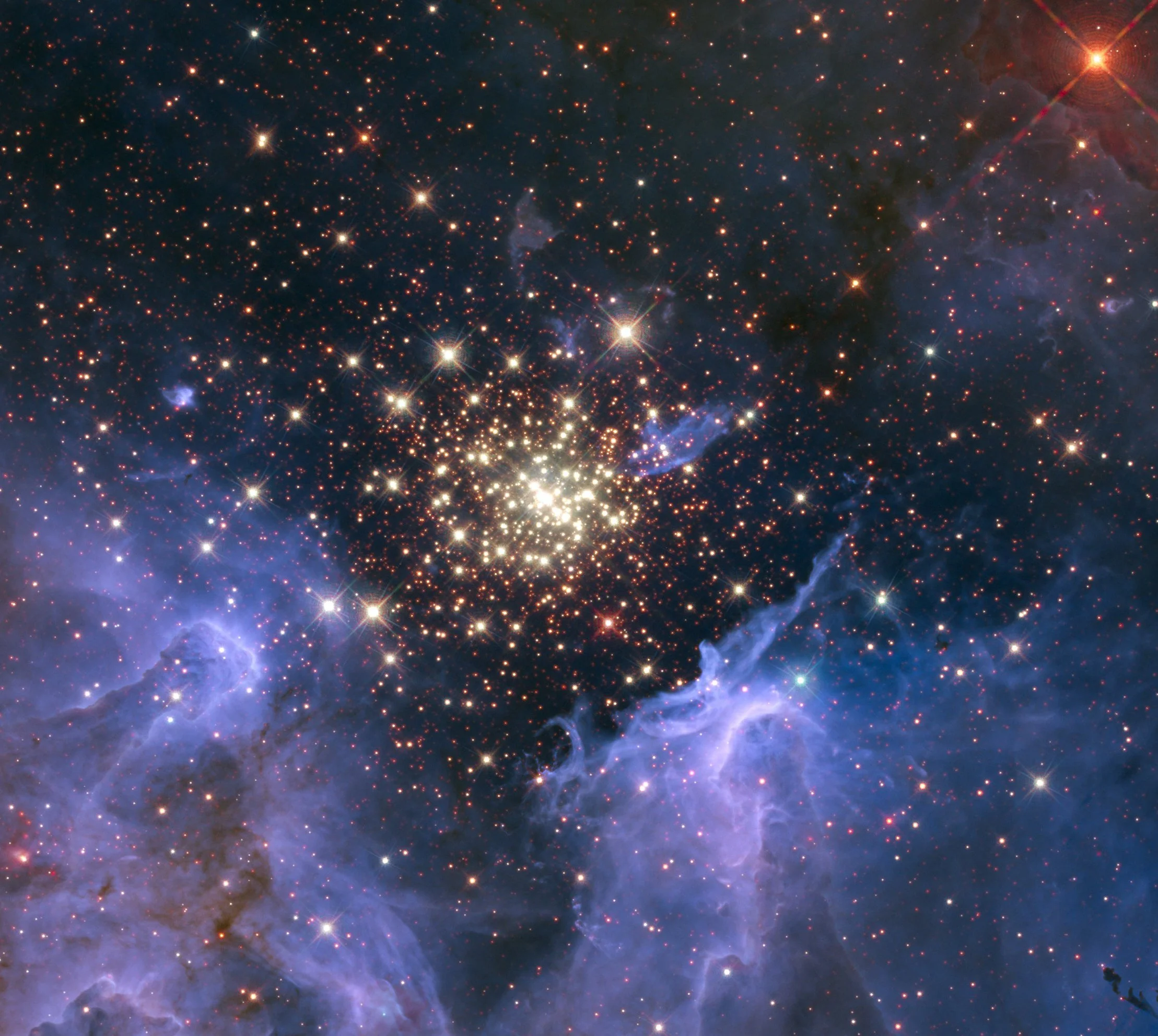As we began to develop scientific thinking in the early 1400s, we lost our awareness of the spiritual world. This loss was essential to our evolution as human beings because we needed to develop this type of thinking exclusively; however, the time has come to renew our connection to our spiritual home. The topic of death is a tough one because most of us fear it; we have lost our ability to understand it. Yet now in our time, the veil between life and death is thinning for a variety of reasons. Humanity is evolving. We are at an important transition from using purely scientific reasoning to using the intellectual power gained by it to understand the spirit.
Many of us are reluctant to make that transition, and that has widespread ramifications for us and for those in our lives who have died. Rudolf Steiner tells us that souls who enter the spiritual world are capable of “seeing” amazing and profound things, but unless they have acquired spiritual knowledge while alive, they are unable to fully understand everything they are seeing.
Just as we can enjoy music without knowing how to read notes or play an instrument, those who are able to do those things have an enhanced appreciation for music. Similarly, people who die do so with the knowledge of the spiritual world that they acquired while they were alive. If they don’t know anything about the spiritual world before they die, their experience will be limited. In other words, their ability to understand what is in their new environment is predicated on what they learned during their lifetimes. This is an immediate issue for them because they want to know about the beings and environment of the spiritual world they now live in, but they lack the concepts to do so. We can help them.
Let’s see what Dr. Steiner has to say:
If human beings on earth allow spiritual thoughts to permeate their souls, those thoughts can be perceived by souls in the beyond, and those earthly souls remain real for them. What we are touching upon here is the fact that the spiritual thoughts nurtured by souls here on earth can not only be perceived but be understood by the souls beyond. And, even more significantly this fact can have a practical consequence. Building on this insight, we can do something that could become very significant for the relationship between souls here and souls beyond. I refer to what we may call “reading to the dead.” Reading to the dead is often extraordinarily important.
A seer can have the experience that human beings who have entirely disregarded spiritual wisdom have a strong longing for it and wish to hear about it after they have passed through the gate of death. If souls who have remained behind make a clear mental image of the dead person, and at the same time bring to mind a spiritual train of thought or read from a spiritual book (in thought, not aloud) then the dead person whose spiritual image stands before them will become aware of it… One can often see how the dead long to hear what gets through to them from here… It is a grave error to think that a human being merely needs to die in order to contact the whole spiritual world… it is a deep misconception to believe that souls become wise as soon as they pass through the gate of death. A soul cannot be easily instructed by souls in the beyond immediately on passing through the gate of death if there is no basis for a connection with them.
… While materialism permits us to bring to life only relationships between souls confined to their earthly existence, spiritual science opens the way for free communication and exchange between souls on the earth and souls that dwell beyond the earth in the other world. The dead will live with us. And, when that happens, what we may call the passage through the gate of death will often after a time be experienced as merely a change in the form of existence. The whole transformation in the life of spirit and of soul that will take place when such things become common knowledge will be of enormous significance.
Excerpt from: Occult Research into Life Between Death and a New Birth, Lecture II: The Establishment of Mutual Relations between the Living and the So-called Dead by Rudolf Steiner, Stuttgart February 20, 1913.
Steiner is saying that the souls of those who have died are hungry for knowledge of the spirit—even if they were opposed to it during their lifetimes. Last month, we discussed how these departed souls miss us just as we miss them. This month, we see that they may need our help to understand what they are experiencing in the spiritual world. Reading to them is an ideal gift because we are learning too while we read. Reading scientific works doesn’t reach them—those concepts are unnecessary in the spiritual world—but reading spiritual scientific works does reach them because spiritual science explains the images they are seeing.
Communication does go both ways. The dead have reasons to communicate with us and attempt to do so in a variety of ways. We will learn to attune ourselves to the efforts and means of these communications in future blogs.
Meanwhile, we could pick up a book by Rudolf Steiner, such as Theosophy: An Introduction to the Spiritual Processes in Human Life and in the Cosmos and read it to one of the people we know on the other side. Steiner, the initiate of the 20th century who has over 6000 published works, continues to be the source of knowledge for this blog.






